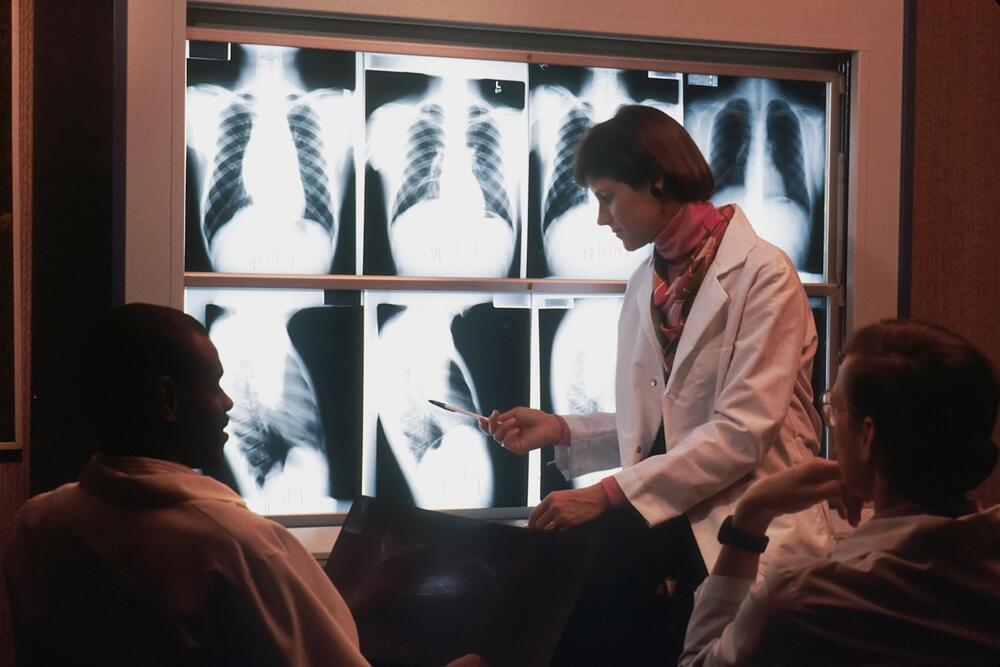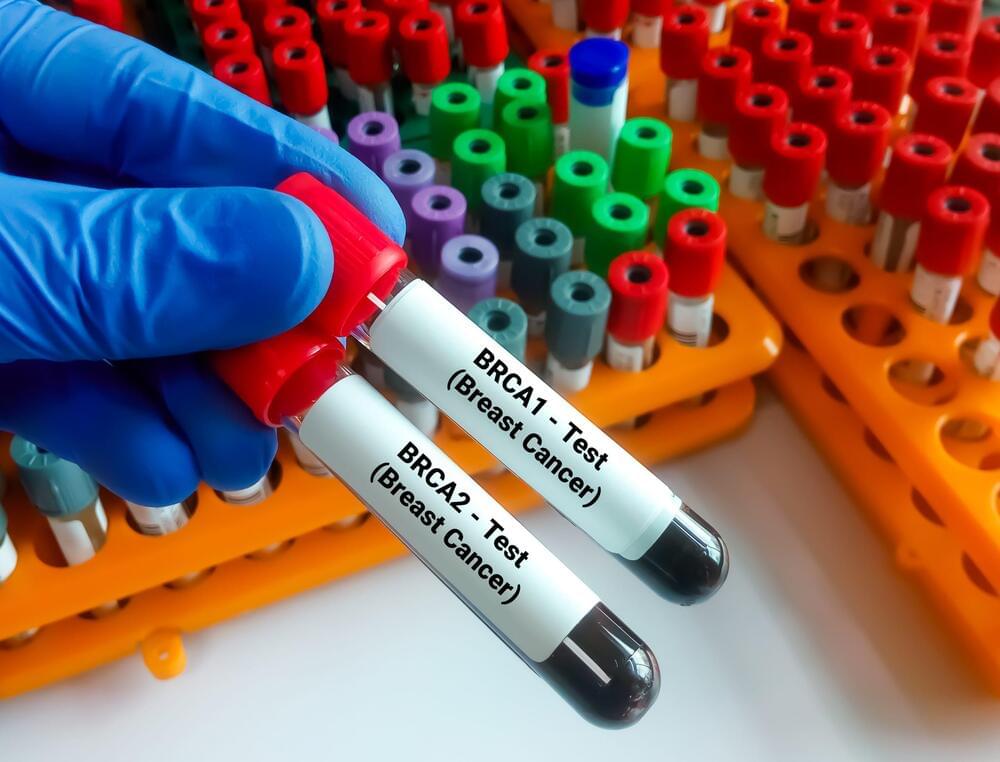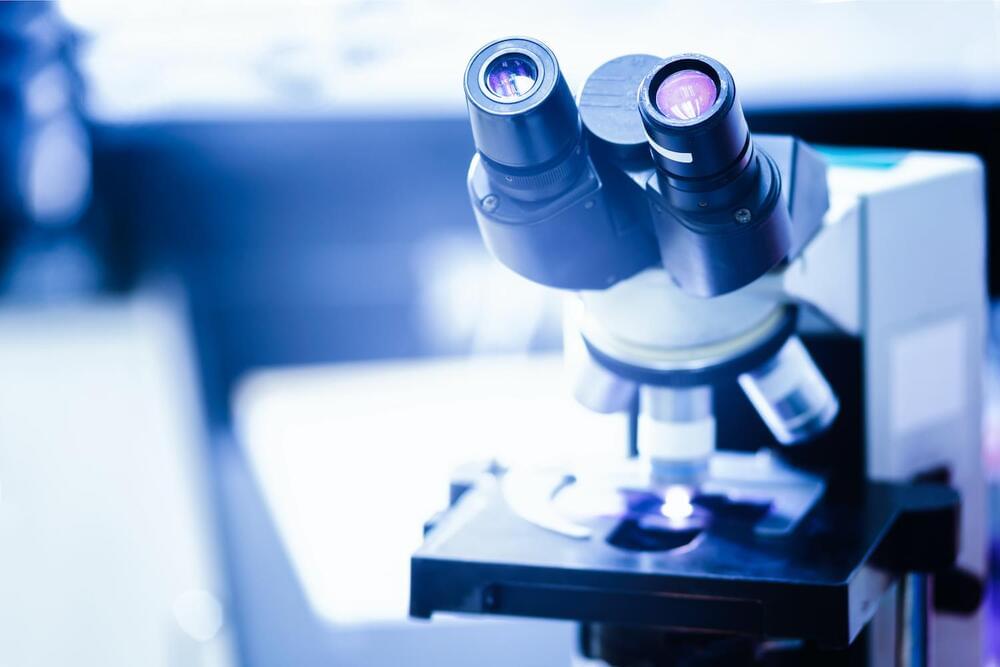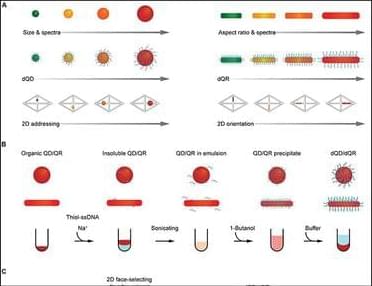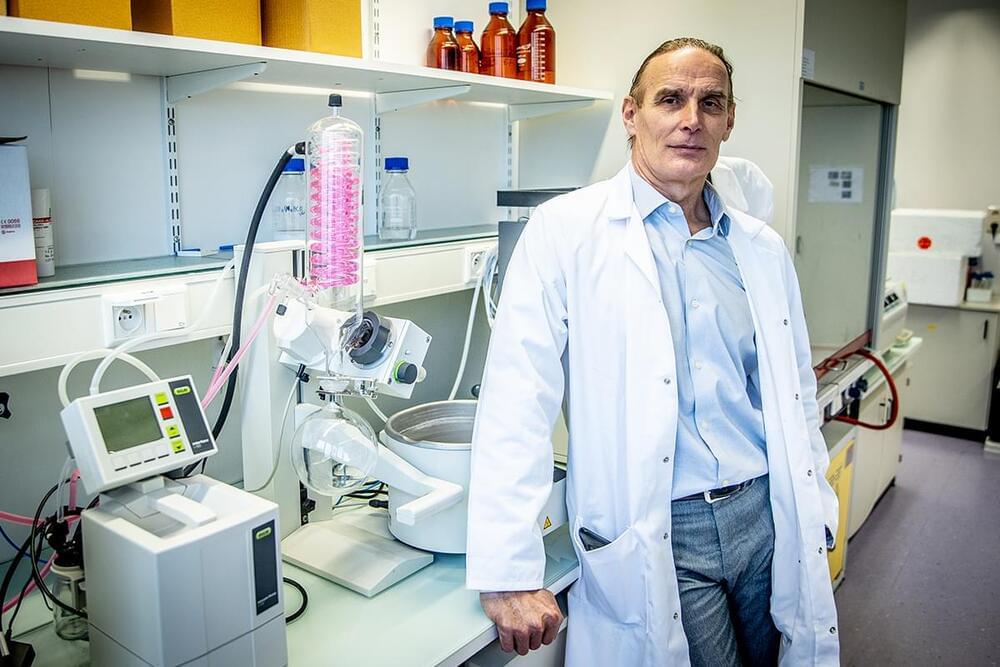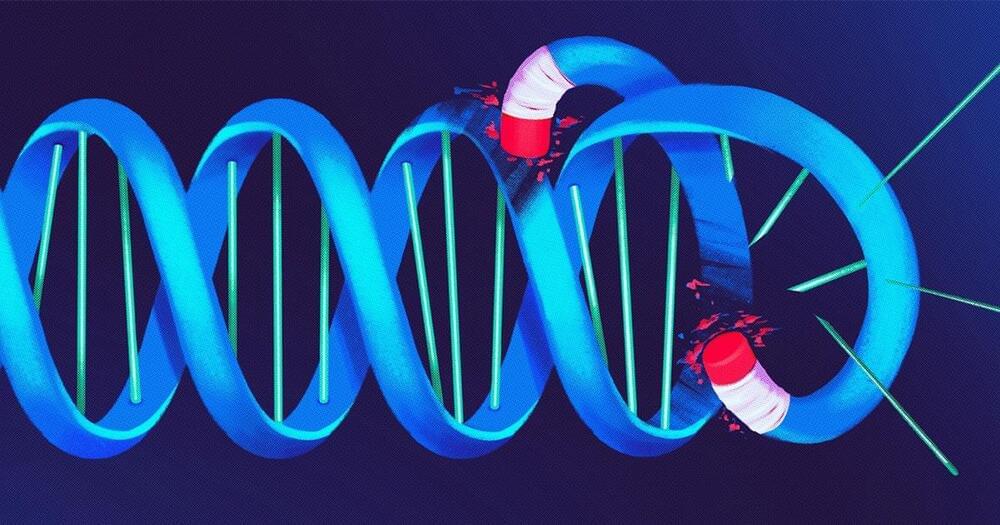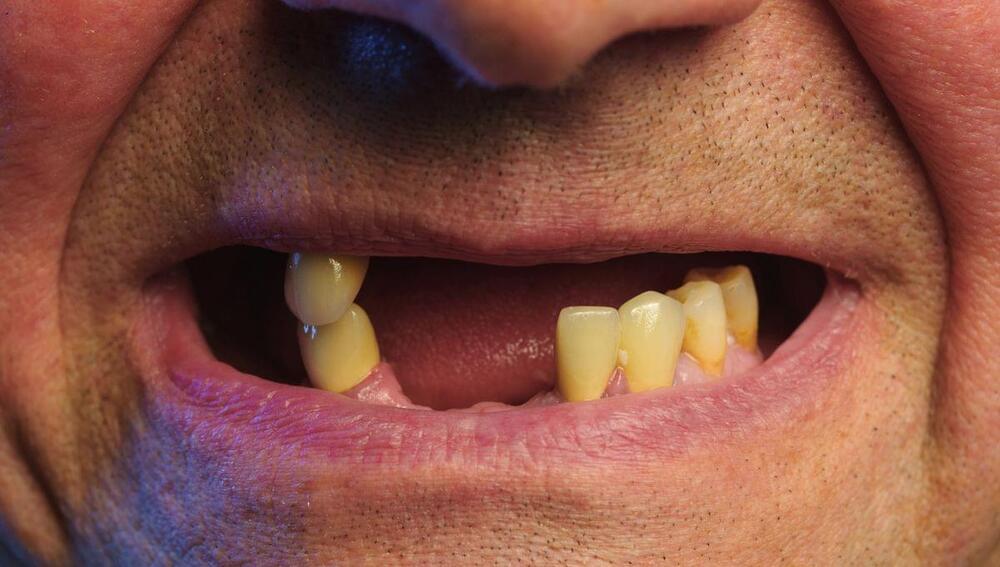A new compound called d16 that reduces tumor growth and overcomes treatment resistance in mutant p53-bearing cancers has been developed by researchers at the Baylor College of Medicine. Their findings testing the compound, published in the journal Cancer Research Communications, suggests the new compound could be used in combination therapies to provide more effective treatment against these kinds of cancer.
“One of the most common alterations in many human cancers are mutations in p53, a gene that normally provides one of the most powerful shields against tumor growth,” says Helena Folly-Kossi, PhD, a postdoctoral associate in Weei-Chin Lin’s lab at Baylor and the study’s first author. “Mutations that alter the normal function of p53 can promote tumor growth, cancer progression and resistance to therapy, which are associated with poor prognosis. It is important to understand how p53 mutations help cancer grow to develop therapies to counteract their effects.”
According to Lin, finding ways to target p53 mutations directly as a form of therapy for cancer has been difficult. His lab has been working for many years to not interfere directly with p53, but rather to identify vulnerabilities in the cells carrying p53 mutations that they could target to prevent cancer growth. “One of the challenges has been to develop drugs that act on mutant p53 directly. Some of these drugs are under development, but they appear to be toxic,” he said.
